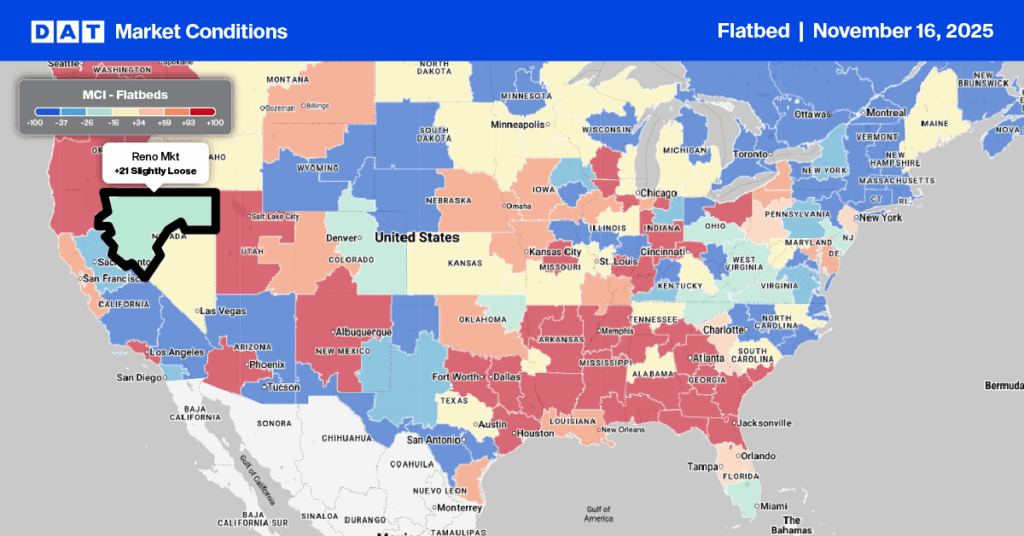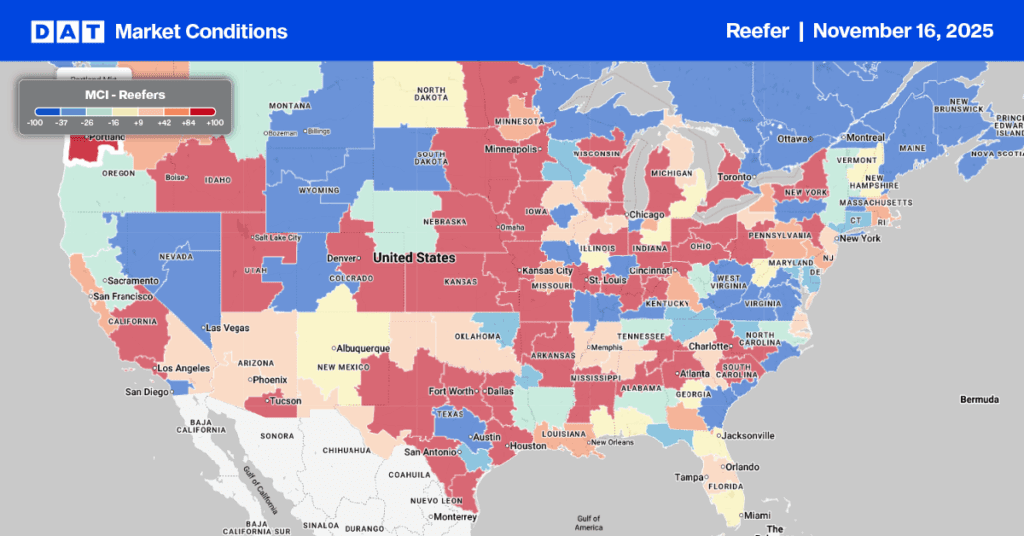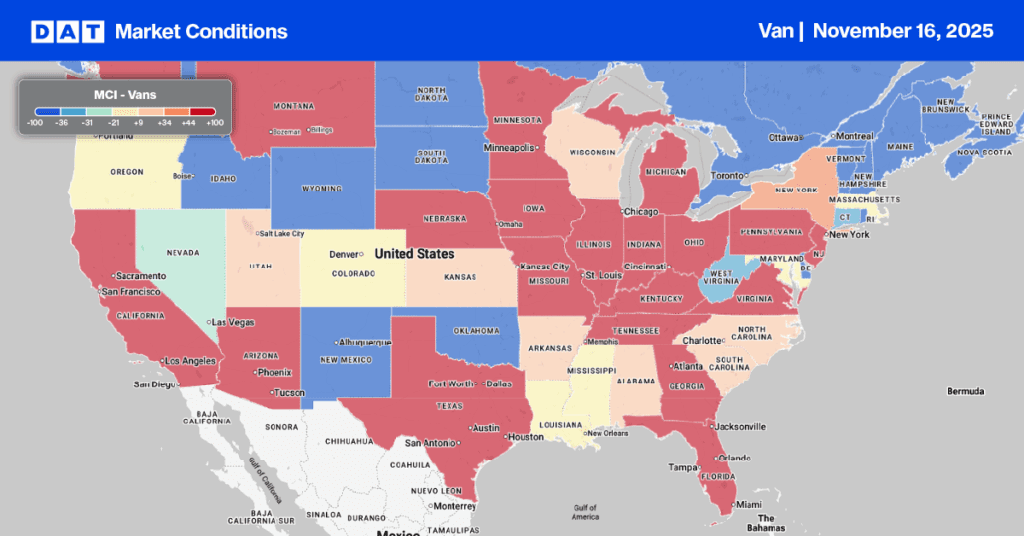Los Angeles is no stranger to Super Bowls, hosting the first world championship event in 1967 and then again in 1993. This Sunday, the LA Rams and the Cincinnati Bengals square off in the Super Bowl in Los Angeles, coinciding with peak shipping of the delicious Hass avocado from Mexico. Michoacán, the only Mexican state with certification to export avocados to the U.S., exports 84% of the avocados grown to the U.S., with 80% of that volume entering the country via commercial crossing zones in Texas. Laredo and Pharr customs zones each account for around 40% of annual import volume.
Where will the freight action be this Super Bowl?
Whenever the Super Bowl is held on the West Coast, there is a noticeable shift in truckload volumes of imported avocado further to the west via Nogales, AZ. Including Phoenix, the big event has been held out west on six occasions since the avocado ban on Mexican avocados exports to the U.S. was lifted in 1997. On each occasion, the volume of avocados crossing via Nogales in January has doubled compared to the monthly volume for all other non-West Coast Super Bowls. Freight volumes crossing via Nogales were already up 25% for the first three weeks of February for the short 550-mile run to Los Angeles.
Of course, avocados will be consumed in significant quantities this week at Super Bowls parties all over the country. According to the USDA, just over 532 million avocados have been imported into the U.S. during the first three weeks of 2022, and that number will almost double to 954 million by the time the Super Bowl kicks off. In truckload terms, that’s the equivalent of close to 6,000 loads of avocados destined to significant consumer markets all over the country, with almost 5,000 loads crossing in DAT’s Laredo and McAllen freight markets in Texas.
Get the clearest, most accurate view of the truckload marketplace with data from DAT iQ.
Tune into DAT iQ Live, live on YouTube or LinkedIn, 10am ET every Tuesday.
Why Mexico?
Michoacán is the central hub of Mexican avocado production, harvest, and exportation to the U.S. According to the Hass Avocado Board, it is the only location in the world where avocados can bloom 365 days out of the year. Located just 250 miles west of Mexico City and 650 miles to the closest U.S. border crossing in Pharr, TX, the state of Michoacán has all the ingredients to produce the world’s best avocados – rich volcanic soil, natural irrigation, and unique topography. The city of Uruapan, where most avocado orchards in Michoacán are located, receives around 64 inches of rainfall annually, which in turn feeds rivers and lakes that allow avocado farmers to irrigate their orchards naturally.
Why Texas?
The cities of Laredo and Pharr are the closest border crossings to the epicenter of avocado production, making both logical crossing zones to minimize transit time to U.S. markets. West Coast loads that enter via Nogales, AZ, must travel double the distance at 1,200-miles compared to Laredo before heading to large markets including Phoenix, Seattle, San Francisco, and Los Angeles. That makes Texas the most logical crossing point and closest to major Midwest and East Coast consumer markets, including Atlanta (1,100 miles), Denver (1,200 miles), Orlando (1,300 miles), Chicago (1,500 miles), and New York City (1,900 miles) – all destinations within a two to three day drive for most fleets and far less for team operations.
Fun Facts: According to the Hass Avocado Board, avocados are planted at elevations ranging from 2,000 to 10,000 feet; there are 29,000 avocado growers, 42,000 orchards, 65,000 packing houses, with each avocado worker picking around 1,000 lbs per day.
Need ideas on how to serve fresh avocados this Sunday?
- See DAT’s Super Bowl avocado recipes here


